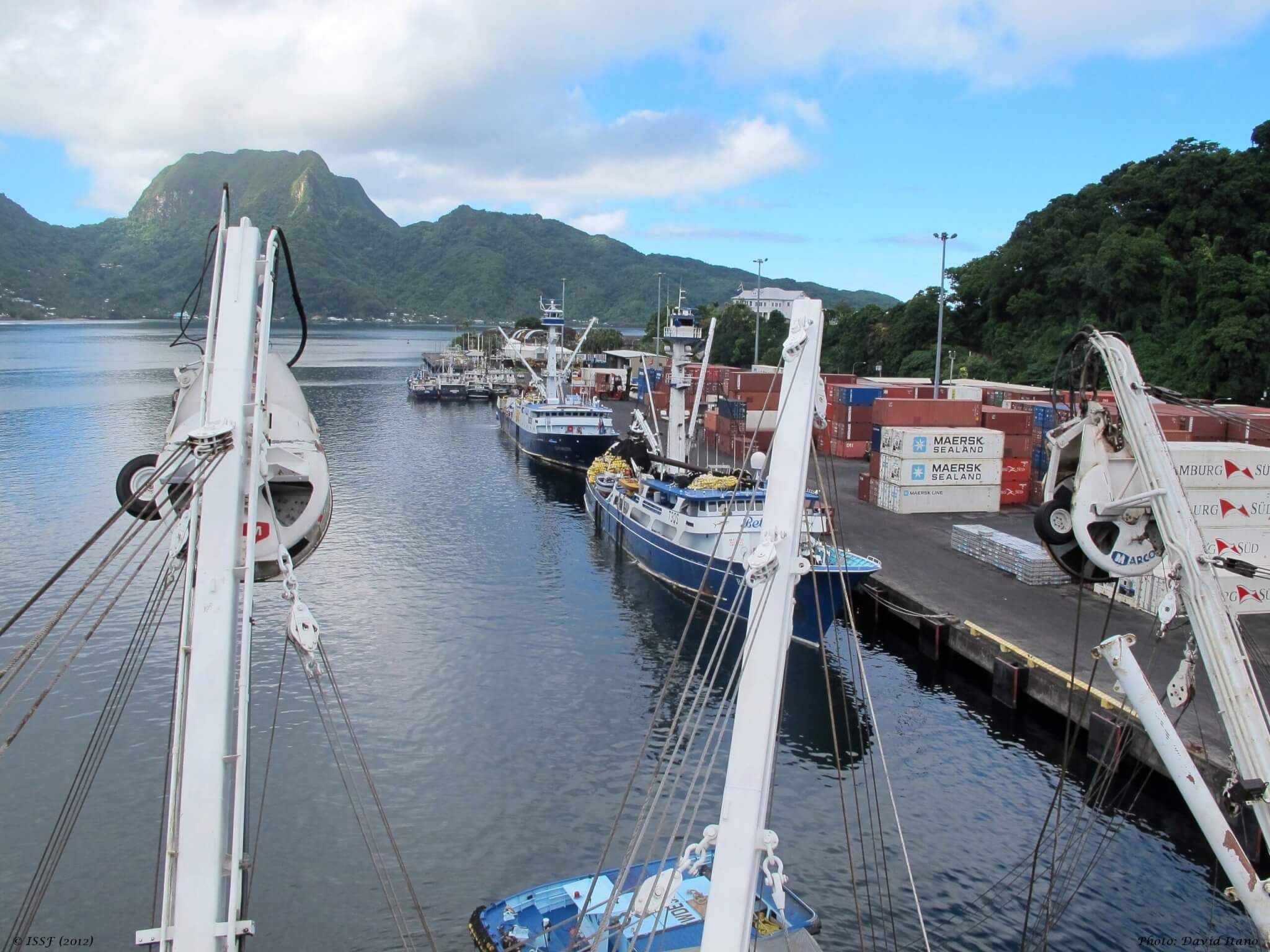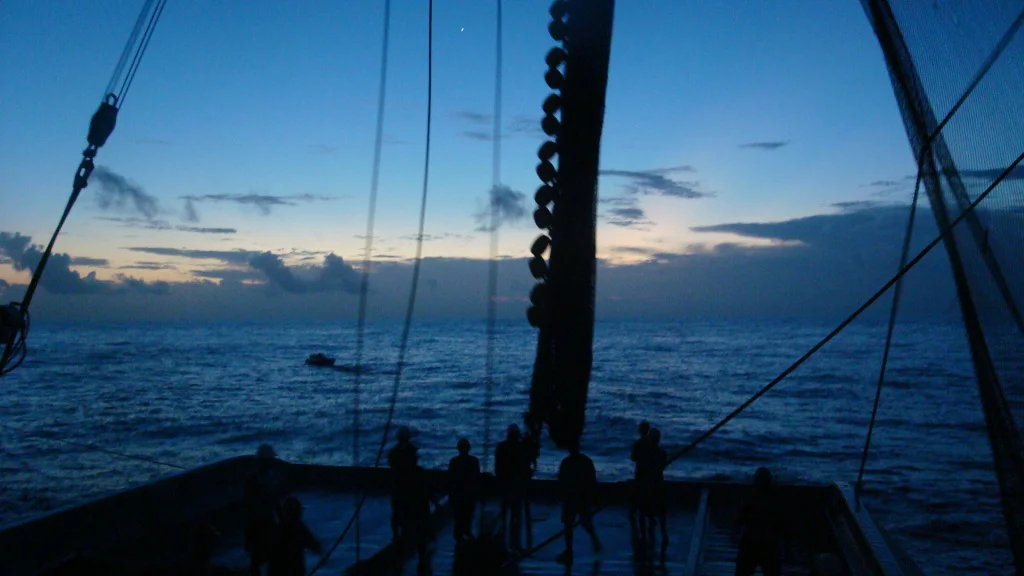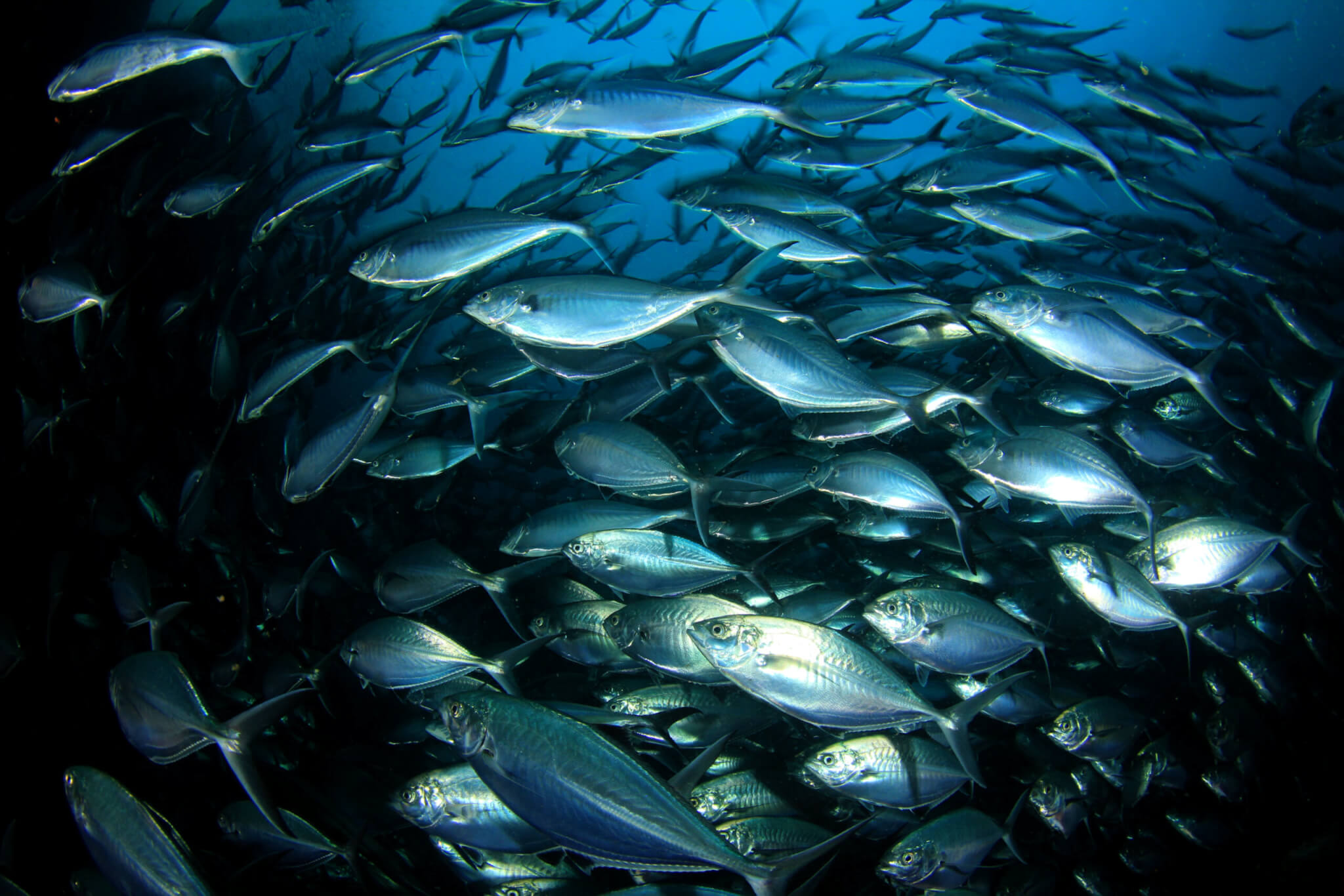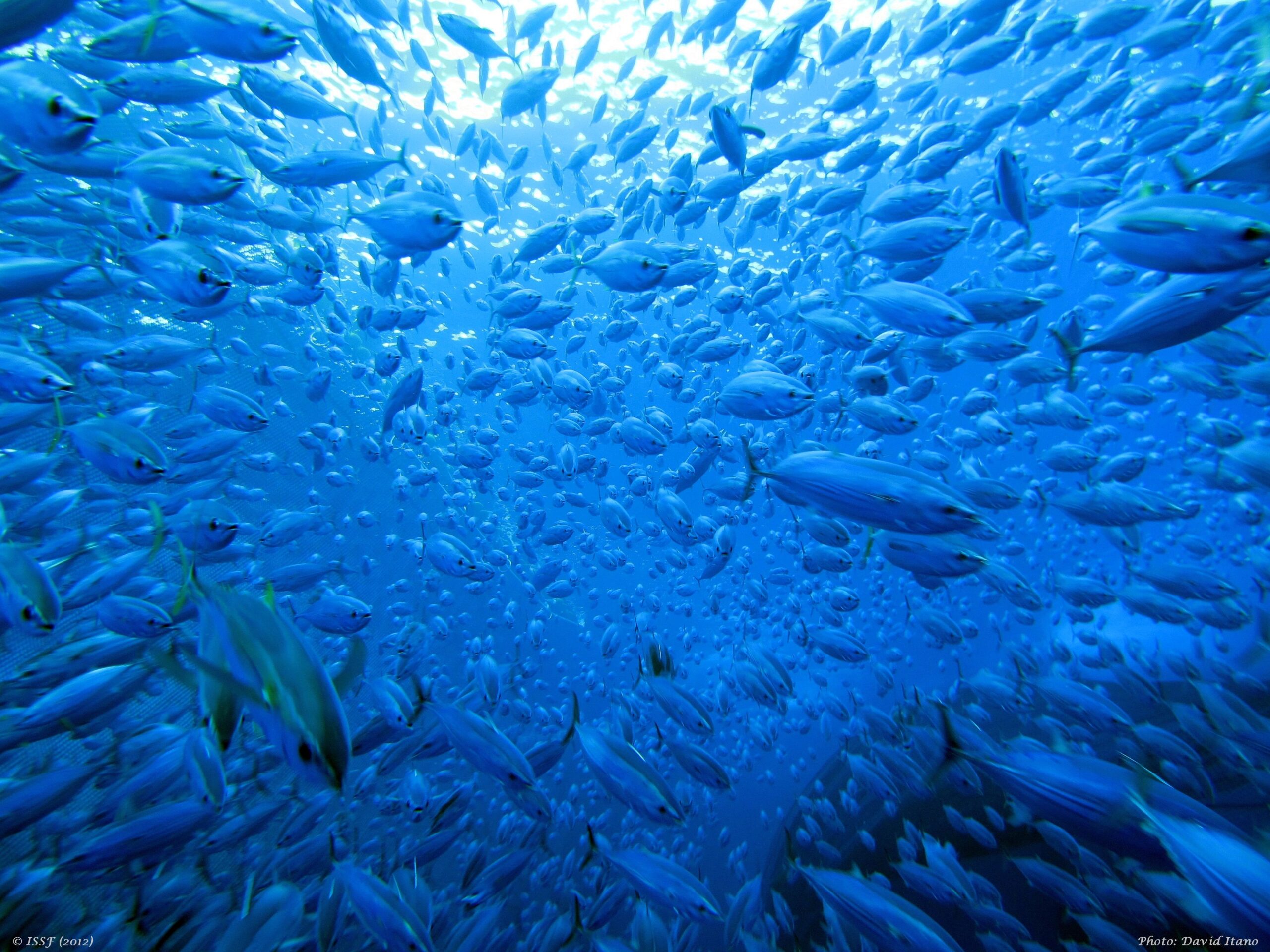
ISSF Strengthens Conservation Measures for Seafood Companies to Elevate Transparency and Accountability in Global Tuna Supply Chains
The International Seafood Sustainability Foundation (ISSF) has adopted amendments to four of its conservation measures (CM) — 1.2 – Regional Fisheries Management (RFMO) Participation, 4.4c – Transshipment at Sea – Observer Coverage, 3.6 – Transactions with Vessels Implementing Best Practices for Sharks, Sea Turtles and Seabirds, and 3.7 – Vessel-Based FAD Management Policies — reinforcing the tuna sector’s leadership in science-based sustainability and transparency across global supply chains.
“The companies participating in ISSF continue to show that transparency and accountability are central to sustainable tuna fisheries,” said Tony Lazazzara, Chair, ISSF Board of Directors and Group Director of Global Fish Procurement, Thai Union Group. “These amendments strengthen oversight of at-sea transshipment and set clearer expectations for longline vessels to implement best practices that reduce bycatch of sharks, seabirds, and sea turtles. Together with improved guidance on FAD management, these updates help ensure that science-driven fishing practices translate into measurable improvements on the water.”
All four measures apply to ISSF Participating Companies, and most also affect vessels listed on ISSF’s ProActive Vessel Register (PVR), one of four public vessel lists that ISSF provides to foster transparency in tuna fishing.
Strengthened Conservation Measures
- ISSF CM 1.2 – RFMO Participation and CM 4.4c – Transshipment at Sea: Observer Coverage
The amendments to Conservation Measures 1.2 and 4.4(c) work in tandem to strengthen the responsible management of at-sea transshipment — a critical activity for tuna supply-chain traceability and a focus area for RFMOs.
The update to CM 1.2 clarifies that vessels engaged in at-sea transshipment must be flagged to nations that are members of the relevant RFMO, extending to transshipment vessels a requirement that has always applied to fishing vessels under this measure. This measure applies to PVR-listed vessels.
The amended CM 4.4(c) for large-scale longline vessels further reinforces this requirement by reiterating that transshipment may occur only with vessels flagged to a country that is a member of the RFMO governing the waters in which the activity occurs. In addition, transshipment vessels must now also appear on the RFMO’s publicly available record of authorized vessels for that region, helping ensure that only vessels operating under RFMO jurisdiction and oversight are used in transshipment operations.
Together, these refinements help close critical gaps in oversight, align ISSF’s measures with best-practice transshipment expectations, and provide ISSF Participating Companies with greater clarity to support transparent and accountable supply chains.
- ISSF CM 3.6 – Transactions with Vessels Implementing Best Practices for Sharks, Sea Turtles and Seabirds
Updates to CM 3.6 clarify requirements for seafood companies to transact only with longline vessels that implement specific best practices for reducing bycatch of sharks, seabirds, and marine turtles, including:- Use of circle hooks and monofilament lines (where wire trace use is prohibited)
- No use of shark lines at any time
- Use of whole finfish bait (where required)
- In southern temperate latitudes, use of at least two of the following seabird mitigation methods – weighted branch lines, tori lines, and night-setting; or use hook-shielding devices
These refinements support the adoption of proven bycatch mitigation techniques for longline tuna vessels, consistent with the ISSF Skippers’ Guidebook to Sustainable Longline Fishing Practices. This measure applies to PVR-listed vessels.
- ISSF CM 3.7 – Vessel-Based FAD Management Policies
This amendment clarifies the measure’s applicability to anchored FADs as well as drifting FADs, providing clearer direction for vessel policies, auditing, and compliance so that best practices are implemented across all FAD types. This measure applies to PVR-listed vessels.
“ISSF’s process brings science, industry practicality, and RFMO policy together,” said Susan Jackson, ISSF President. “By refining measures as conditions evolve, we help companies lead and continue to raise the bar on verified, effective practices that protect tuna stocks and ocean ecosystems.”
A Transparent and Verified Pathway for Industry Leadership
ISSF conservation measures are developed through a robust process that draws upon the best available fisheries science and expert input from the ISSF Scientific Advisory Committee, ISSF Environmental Stakeholder Committee, and ISSF Participating Companies before adoption by the ISSF Board of Directors. This multi-stakeholder approach ensures that new or amended measures are both scientifically sound and operationally practical across the global tuna supply chain.
Once adopted, these measures apply to all ISSF Participating Companies, which represent the majority of the world’s canned tuna processing capacity. Compliance with the measures is independently audited by the third-party firm MRAG Americas, and the results are publicly reported. Through their commitment to conform with ISSF’s suite of conservation measures — covering topics from FAD management and bycatch mitigation to monitoring and traceability — ISSF Participating Companies are helping to drive tangible, science-based improvements in tuna fisheries worldwide. Each measure update, like those amendments adopted in November 2025, reflects ISSF’s continuous-improvement model and its unique role as a bridge among science, industry, and RFMO policy reform.
Read the updated ISSF Conservation Measures:
www.iss-foundation.org/vessel-and-company-commitments/conservation-measures/our-conservation-measures/


